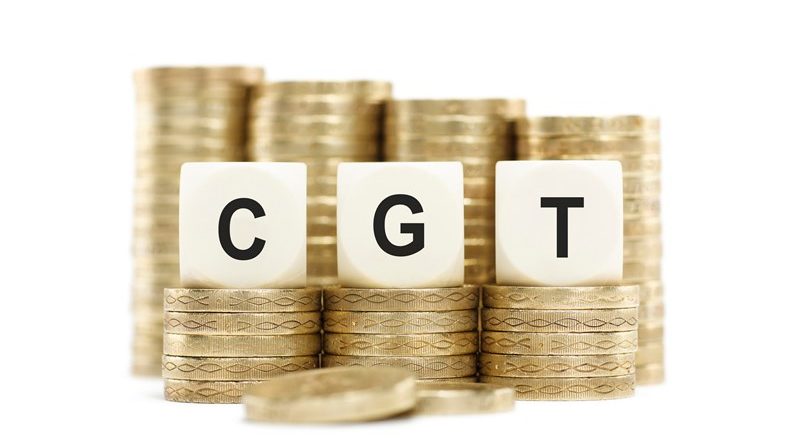
Capital Gains Tax uplift on death
It is important to understand how Capital Gains Tax (CGT) works when someone dies, and more importantly how this affects the computation of gains and losses by those who have inherited an asset as well as the personal representatives (such as executors and administrators) of an estate.
As a general rule, there is no CGT charge upon death. This is often referred to as a CGT uplift on death and effectively resets the clock on gains for CGT purposes. This can provide a significant opportunity to save tax. The CGT uplift is of most benefit to a surviving spouse or civil partner as the transfer will also be exempt from Inheritance Tax (IHT). IHT will be of course be due if the value of the estate after reliefs and exemptions breaches the relevant thresholds.
HMRC explains the CGT uplift in broad terms, whereby the assets which were owned by the deceased at the date of death are treated as though they had passed to the personal representatives or other person to whom they pass by law at the date of death, at their market value on that date. When the administration of the estate is complete, the assets are passed to those that inherited them as if they had paid the market value of the asset at the date of death.
Any CGT liability that was outstanding before the death of the deceased (due to the disposal of assets), will of course remain due to HMRC and must be settled by the deceased’s personal representatives.
For more information on Capital Gains Tax uplift on death, Book a Free Consultation
Need Accountancy Support?
For information on bespoke training, or if you have any other questions for Makesworth Accountant, please fill in your details below




















 148
148